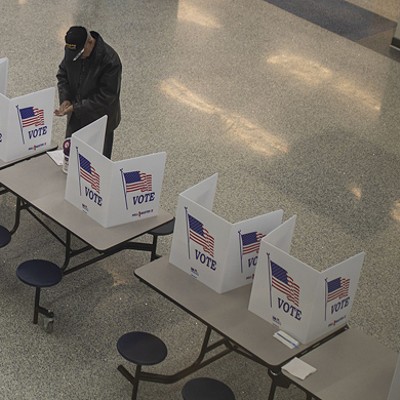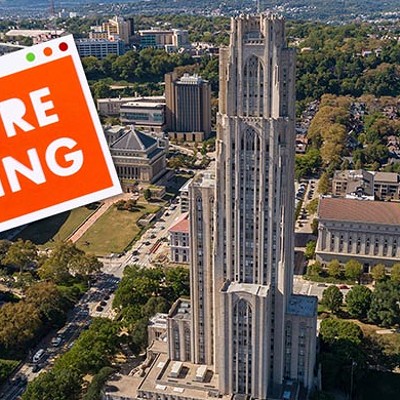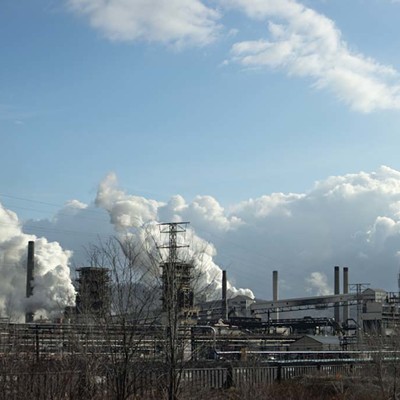
“It was considered groundbreaking more than 30 years ago,” said Sarah Alessio Shea, deputy director of the Pennsylvania Resources Council, during a May 25 press conference where elected officials and environmental groups called for updates to the state's recycling laws, “but a whole lot has changed. In the last year in 2022, we know that Pa. has fallen behind on being the leader in waste recycling and reduction."
A new study from PRC, PennEnvironment, Eunomia, and the Foundation for Pennsylvania’s Watersheds finds that none of Act 101’s original goals have been measurably achieved and calls for 15 changes to modernize and improve the state’s recycling infrastructure.
The recommended changes include developing and publishing success metrics about recycling in Pa., requiring higher recycling rates from commonwealth agencies, establishing a uniform set of guidelines regarding what objects can be recycled, and enacting a landfill ban for certain recyclable materials.
Additionally, environmental advocates say the state needs to make more grant money available for recycling programs and provide incentives for coordination among municipalities. Those financial changes, in particular, would benefit smaller municipalities like Dormont, where residents wanted to recycle, but the borough couldn’t afford its own program, said borough manager Ben Estell.
“We don’t have requirements that small municipalities get help” funding recycling, said Estell. Instead, Dormont partnered with nearby Mt. Lebanon, Upper Saint Clair, and Bethel Park to offer recycling services.
Pittsburgh Deputy Mayor Jake Pawlak said more state funding is needed in order to “fill that hole and ensure we’re doing everything we can” to reduce waste. He also reiterated the city’s goal of producing no waste by 2030, which is defined as a 90% diversion of waste from landfills and incineration.
In a press release, Pawlek cited other ways Pittsburgh has tried to be more environmentally responsible, including distributing free recycling bins to residents and passing a plastic bag ban that will go into effect next year. Pawlek says the city also plans on establishing a pilot program for municipal composting next year.
"All of these efforts are possible through local leadership, but we can and should set a similarly high bar across the Commonwealth through common sense updates to Act 101,” says Pawlak.
Pittsburgh City Councilperson Erika Strassburger (D-Shadyside), who has been endorsed by environmental groups in the past, says she "strongly" supports all the report’s findings, and believes the policy recommendations "provide a blueprint for the next generation of waste reduction and recycling in Pennsylvania."
"It will take city leaders working with partners at the Commonwealth to transform our waste mitigation while creating jobs, and I look forward to doing just that," says Strassburger.

















